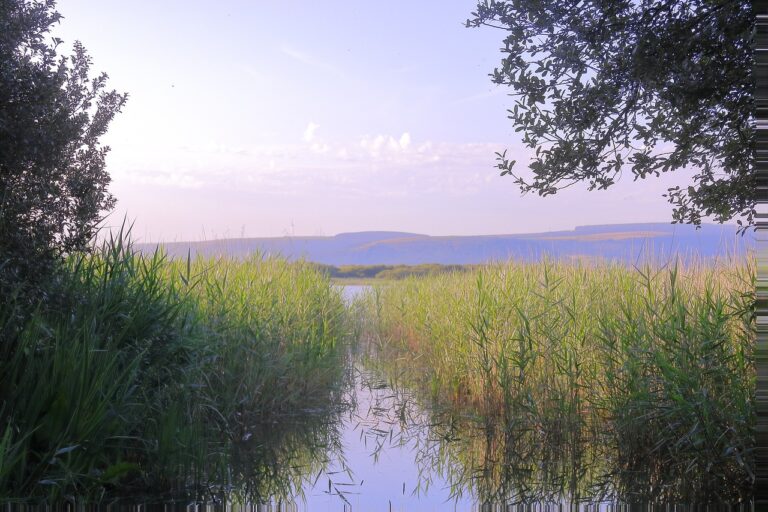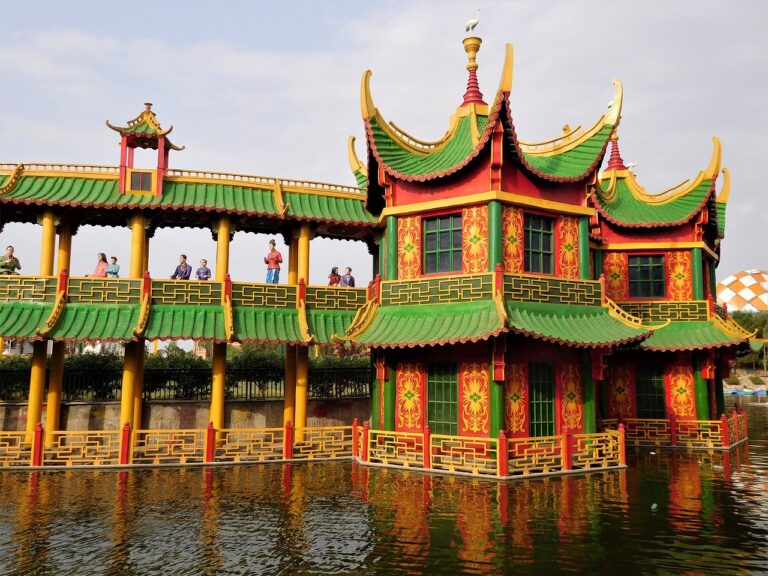Mindful Water Conservation: Reducing Usage and Supporting Clean Water Initiatives
Water is an essential resource that sustains all life on Earth. With the growing global population and increasing demands on freshwater sources, it has become crucial to promote water conservation practices. Conserving water not only helps in ensuring a sustainable water supply for future generations but also helps in preserving ecosystems and supporting biodiversity.
Water conservation plays a vital role in mitigating the impacts of climate change by preserving natural habitats and reducing energy consumption. By reducing water usage in our daily activities, such as taking shorter showers, fixing leaky faucets, and using water-efficient appliances, we can contribute towards a more sustainable future. It is our collective responsibility to protect and conserve this precious resource for the well-being of both present and future generations.
Understanding Water Footprint
Water footprint is a measure of the amount of fresh water used throughout the entire production process of goods and services. It encompasses both direct water consumption and indirect water usage in various stages of production. Understanding the water footprint of a product provides valuable insight into the true environmental impact of its manufacturing and distribution.
By calculating the water footprint of different products, individuals and businesses can make informed decisions to reduce their water usage. This awareness allows for the implementation of sustainable practices that aim to minimize water waste and promote responsible water management. Ultimately, comprehending the water footprint of our consumption habits is crucial for conserving this vital resource for future generations.
Practical Tips for Reducing Water Usage
When it comes to reducing water usage in your daily life, small changes can make a big difference. One practical tip is to fix any leaking faucets or pipes promptly to avoid wasting water. Even a small leak can add up to significant water waste over time.
Another simple yet effective way to cut down on water consumption is to take shorter showers. By reducing your shower time by just a few minutes, you can save gallons of water with each shower. Additionally, consider installing low-flow showerheads to further decrease water usage without compromising on water pressure.
Why is water conservation important?
Water conservation is important because it helps preserve our natural resources and ensures that there is enough clean water available for future generations. By reducing water usage, we can also save energy and reduce our carbon footprint.
What is a water footprint?
A water footprint is a measure of how much water is used to produce the goods and services that we consume. It includes the water used in the production process as well as the water used indirectly, such as in the production of raw materials.
How can I reduce my water usage?
There are several practical tips for reducing water usage, including fixing leaks, installing water-efficient fixtures, taking shorter showers, using a dishwasher instead of hand washing dishes, and watering your lawn and garden wisely.
How can I determine my water footprint?
You can determine your water footprint by using online calculators that take into account your daily activities, such as how much water you use for drinking, cooking, cleaning, and washing. This can help you identify areas where you can reduce your water usage.







